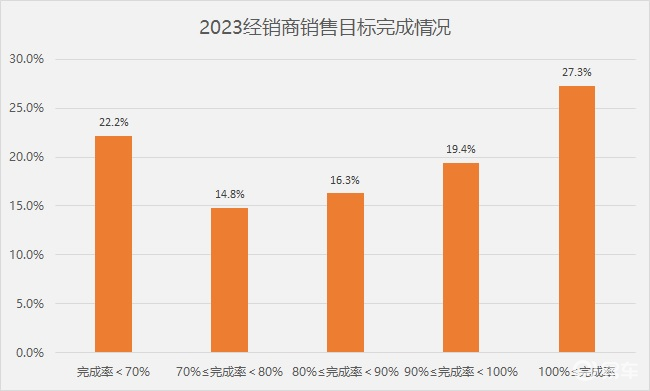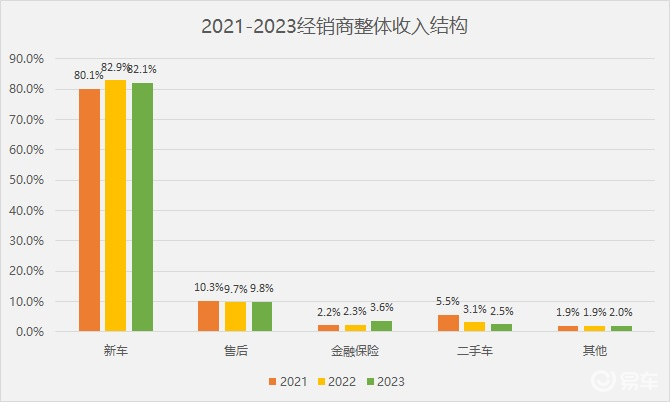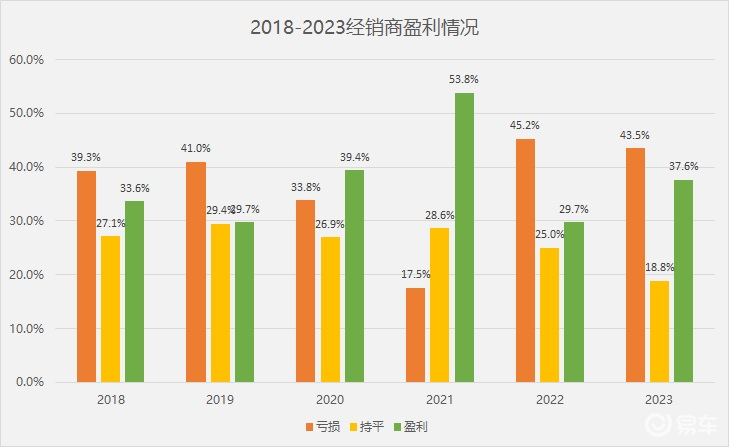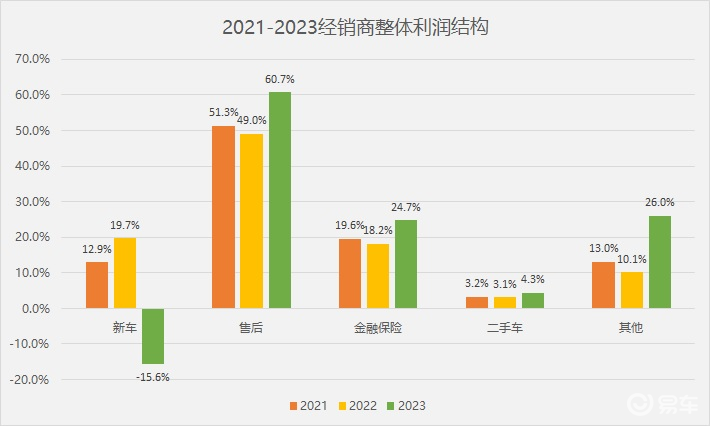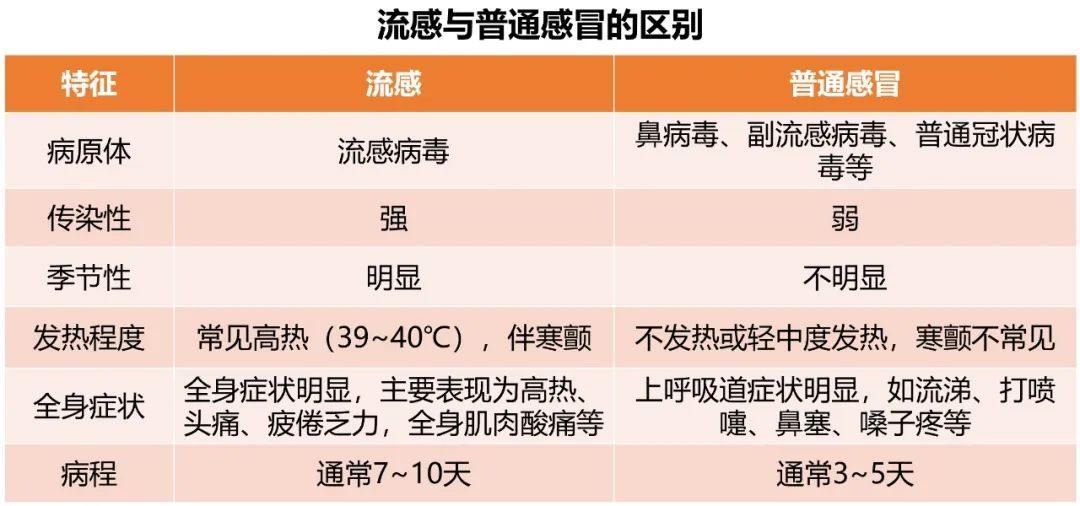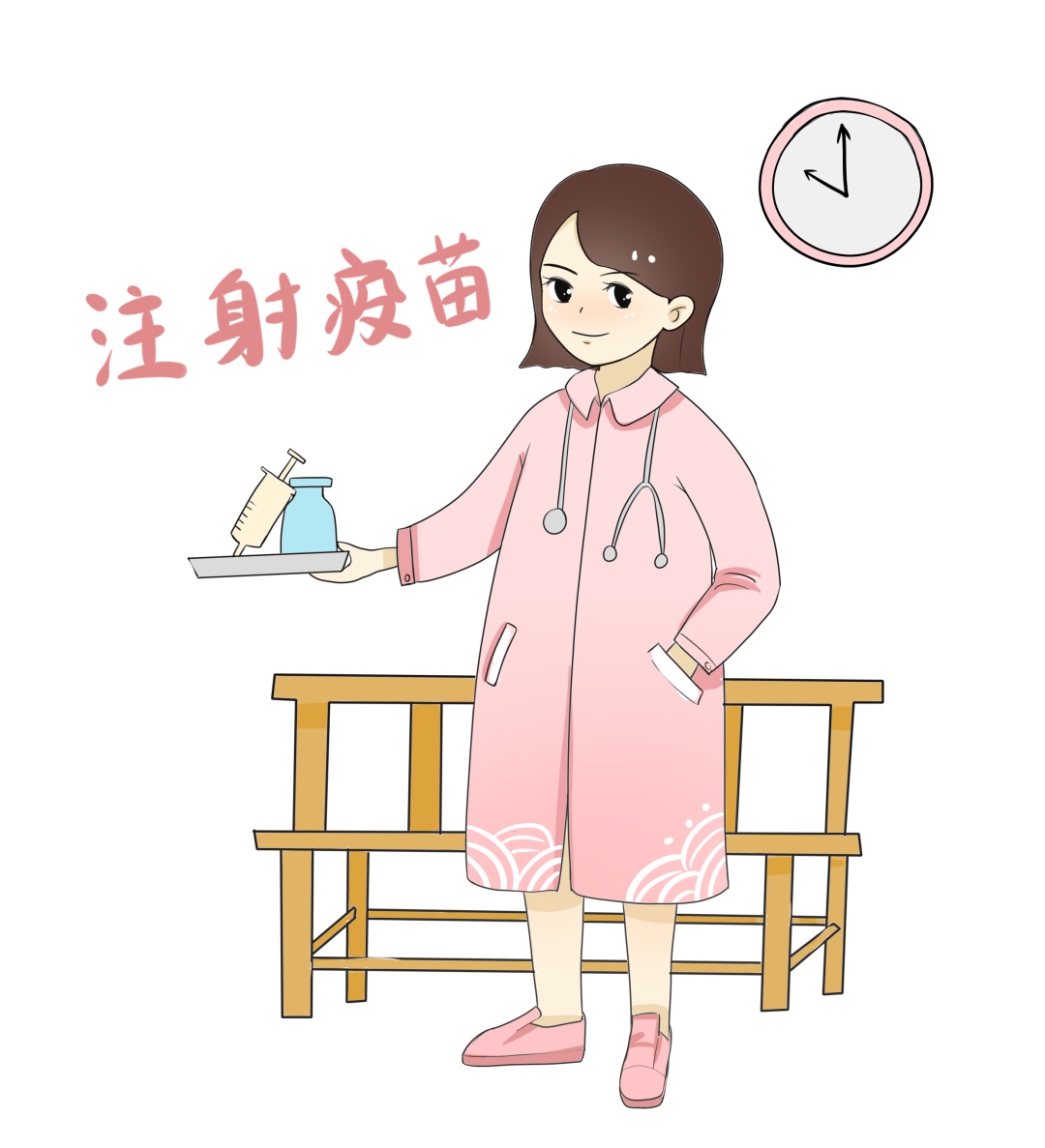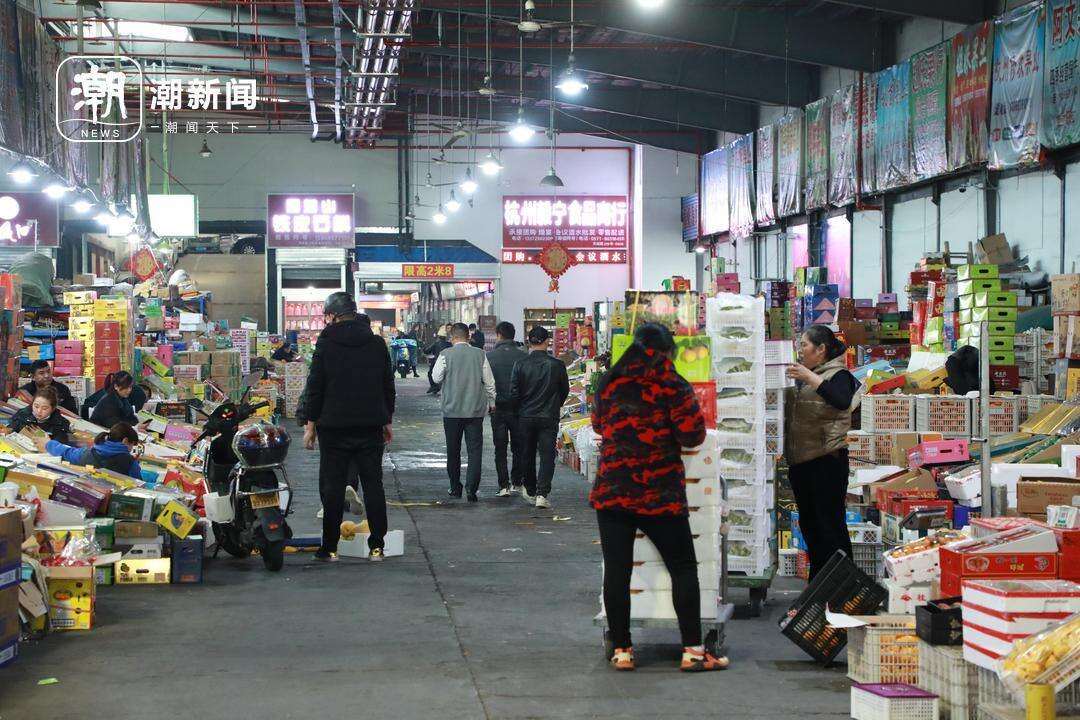On June 1st, the Implementation Plan for Guangdong Province to Implement the State Council’s "A Package of Policies and Measures to Firmly Stabilize the Economy" (hereinafter referred to as "Implementation Plan") was published on the website of the provincial government.
It is reported that the "Implementation Plan" extends the 33 policies and measures in six aspects of the State Council’s deployment item by item, especially in combination with the series of policies and measures for steady growth issued by our province this year, further combing and forming 131 specific policies in six aspects, so as to accelerate the greater effect.
"Overall, the policy has strong operability, covering the real economy, investment and financing, consumption and other fields, and is expected to play an important role in the steady growth of Guangdong’s economy." Lin Jiang, a professor of economics at Lingnan College of Sun Yat-sen University and deputy director of the Pearl River Delta Research Center in Hong Kong and Macao, said.
fiscal policy
Expand the scope of implementation of the phased deferred social security premium policy.
Corresponding to the State Council’s package of policies and measures to stabilize the economy, the fiscal policy proposed in the Implementation Plan includes seven aspects: further strengthening the implementation of the VAT tax refund policy, speeding up the progress of fiscal expenditure, accelerating the issuance and use of local government special bonds and expanding the scope of support, making good use of government financing guarantees and other policies, increasing government procurement to support small and medium-sized enterprises, implementing the policy of delaying the payment of social security fees, and increasing the support for job stability.
The "Implementation Plan" emphasizes that it is necessary to strictly implement the tax refund policies for six industries that have been issued by the state to ensure that the stock tax allowance is fully refunded and the incremental tax allowance is fully refunded on a monthly basis. At the same time, we will take effective measures to speed up the processing, and on the basis of taxpayers’ voluntary application, we will centrally refund the remaining tax credits of micro-enterprises and small enterprises before June 30.
As for the newly-added enterprises in wholesale and retail, agriculture, forestry, animal husbandry, fishery, accommodation and catering, residents’ service, repair and other services, education, health and social work, culture, sports and entertainment industries, the policy of full monthly incremental refund and one-time full refund of the reserved tax amount is implemented. The "Implementation Plan" emphasizes close docking and good preparation in advance to ensure that it is put in place at the first time.
In order to speed up the issuance and use of local government special bonds, the "Implementation Plan" proposes to speed up the issuance of special bonds issued by the central government this year and basically complete the issuance before the end of June. According to the requirement that this year’s special bonds are basically used up before the end of August, we will speed up the progress of special bond expenditures, and strive to start all the issued special bond projects before the end of June. At the same time, we will closely follow the state’s policy of appropriately expanding the areas of special bond support, and accelerate the planning and reserve of a number of special bond projects around new infrastructure, new energy projects, public services, renovation of old public facilities, and consumer infrastructure.
In order to reduce the burden of financing guarantee fees for small and micro enterprises, the "Implementation Plan" proposes that the financing guarantee business for small and micro enterprises with a single-family guarantee amount of less than 10 million yuan and an average annualized guarantee rate of less than or equal to 1% will be subsidized by 1% of the business amount for the regional financing guarantee institutions in Jiangmen, Huizhou, Zhaoqing and the eastern Guangdong, western Guangdong and northern Guangdong.
In addition, increase government procurement to support small and medium-sized enterprises. Strengthen the evaluation of government procurement projects of budget units at all levels, and reserve procurement shares for small and medium-sized enterprises for procurement.
On the basis of the implementation of three social insurance premium policies for five poverty-stricken industries, such as catering, retail, tourism, civil aviation, highway, waterway and railway transportation, and in accordance with the provisions of national policies, other poverty-stricken industries that have been severely affected by the epidemic, experienced difficulties in production and operation in a large area of the industry and are in line with the guidance of national industrial policies will be expanded to implement the policy of deferred payment, and the period of deferred payment of old-age insurance will be extended to the end of this year.
The "Implementation Plan" particularly emphasizes increasing the support for stabilizing posts. We will optimize the implementation of the unemployment insurance return policy and further increase the return ratio. Large enterprises will return 50% of the unemployment insurance premiums actually paid by enterprises and their employees in the previous year, and small and medium-sized enterprises will return 90% of the unemployment insurance premiums actually paid by enterprises and their employees in the previous year. In addition, if an enterprise recruits college graduates in the graduation year, signs a labor contract and participates in unemployment insurance, it will issue a one-time job expansion subsidy at the standard of 1,500 yuan per person, which is not repeated with the one-time employment subsidy.
Monetary and financial policies
Personal housing, consumption and other loans of people affected by the epidemic can be postponed to repay the principal and interest.
In encouraging the implementation of deferred repayment of principal and interest for small and medium-sized enterprises, individual industrial and commercial households, truck drivers’ loans and personal housing and consumer loans affected by the epidemic, the Implementation Plan continues the relevant contents in the State Council’s package of policies and measures to stabilize the economy.
Specifically, guide commercial banks and other financial institutions to continue to negotiate independently with small and medium-sized enterprises, individual industrial and commercial households, truck drivers, etc. according to the principle of marketization, and postpone the repayment of principal and interest on their loans, and strive to make the extension as long as possible; Give a six-month extension of debt service support for commercial truck consumption loans issued before June 30 this year; For people who are hospitalized or isolated due to infection in COVID-19, who are isolated and observed by the epidemic situation or who have lost their sources of income, we will guide financial institutions to flexibly adjust the repayment plan by reasonably delaying the repayment time, extending the loan term and delaying the repayment of the principal.
In addition, the "Implementation Plan" specifically proposes that local financial organizations such as microfinance companies, pawn shops, financial leasing companies and commercial factoring companies should optimize financial services for key industries, small and micro enterprises and individual industrial and commercial households affected by the epidemic.
In terms of increasing the support for inclusive micro-loans, in addition to implementing the national policy requirements of doubling the amount and support ratio of inclusive micro-loan support tools this year, and guiding financial institutions and state-owned enterprises to support small and medium-sized enterprises’ accounts receivable pledge and other financing, the Implementation Plan proposes to implement the "first-time lender" loan discount subsidy, and appropriately extend the subsidy time limit depending on the discount effect. We will continue to guide the financial system to reduce fees and make profits to the real economy, and the central financial management department will give incentive funds to local corporate financial institutions that issue inclusive small and micro loans at an increase of 2% of the balance of inclusive small and micro loans.
At the same time, the "Implementation Plan" proposes to continue to promote the steady decline of the actual loan interest rate, improve the financing efficiency of the capital market, and increase the support of financial institutions for infrastructure construction and major projects. In particular, eligible platform enterprises are encouraged to publicly raise shares and go public overseas according to laws and regulations. Encourage high-quality brokers in the province with subsidiaries in Hong Kong, such as GF Securities, to increase their services for listing in Hong Kong, and strengthen the professional guidance and in-depth cultivation of IPO enterprises in Hong Kong stocks. Support Shenzhen Stock Exchange to build a trading platform for intellectual property rights and scientific and technological achievements, support Guangdong regional equity market to speed up the construction of "special board for scientific and technological innovation", "special board for specialization and special innovation" and "rural revitalization board", and build a centralized custody platform for unlisted securities and a comprehensive cultivation platform for enterprises to be listed.
Policy of stabilizing investment and promoting consumption
Promote technological transformation of 8,500 industrial enterprises.
Car trade-in can be up to 10,000 yuan/car.
In order to speed up the construction of provincial key projects, the Implementation Plan proposes to set up a special class for parallel examination and approval of provincial major projects, give full play to the overall coordination role of the special headquarters of six provincial major projects, and implement measures such as exempting construction projects from EIA procedures in accordance with laws and regulations, notifying and promising approval, and simplifying the contents of EIA preparation. We will promote a number of proven water conservancy projects, focusing on promoting the construction of Guangdong water resources allocation project around Beibu Gulf and Guangdong water resources optimal allocation project as soon as possible. Accelerate the investment in transportation infrastructure, speed up the construction of Guangzhou-Zhanjiang high-speed railway, Guangzhou-Shantou high-speed railway, shenyang-haikou expressway reconstruction and expansion project, start the construction of Hezhan railway and Ruimei railway, speed up the construction of cross-river and sea-crossing projects such as Shenzhen-China Passage, Shiziyang Passage and Huang Mao Sea Passage, and speed up the construction of "Greater Bay Area on track".
In order to stabilize and expand private investment, the Implementation Plan calls for encouraging and attracting more social capital to participate in major engineering projects, encouraging private enterprises to give full play to their own advantages to participate in key basic products and technical research, promoting qualified enterprises in the province to actively declare "little giant" enterprises specializing in specialty and innovation, accelerating the technological transformation of 8,500 industrial enterprises, and adding 1,500 new industrial enterprises to digital transformation in the second quarter. In particular, speed up the construction of digital government, develop the innovation industry, and enhance the breadth and depth of the application of innovation products and services in the daily office, business systems and important infrastructure of party and government organs. Encourage private investment to focus on urban infrastructure and participate in project construction in key areas through comprehensive development mode.
In order to promote the standardized and healthy development of the platform economy, the "Implementation Plan" emphasizes giving full play to the stable employment role of the platform economy, stabilizing the development expectations of platform enterprises and their symbiotic small and medium-sized enterprises, and driving small and medium-sized enterprises to bail out with the development of platform enterprises. Subsidize the e-commerce platform for small and medium-sized enterprises and individual industrial and commercial households to reduce online store deposits, publicity and promotion services. Encourage e-commerce platforms to provide traffic support for SMEs and subsidize the cost of participating in online promotion activities. Guide platform enterprises to do a good job in the online and offline linkage of the "last mile" of epidemic prevention materials and important livelihood commodities in epidemic prevention and control.
In order to steadily increase the consumption of automobiles, household appliances and other fields, we will implement the special action of automobile trade-in, and give a subsidy of 3,000-10,000 yuan/vehicle to those who scrap or transfer old cars with Guangdong license plates under their personal names, and at the same time buy new cars with trade-in promotion models in the province and put them on the license in the province. Encourage the purchase of new energy vehicles, and give 8,000 yuan/vehicle subsidy to individual consumers who purchase new energy vehicles within the scope of trade-in promotion models in the province before June 30 this year. Further optimize the management of car use, increase the car purchase index in Guangzhou and Shenzhen on the original basis, and no new measures to restrict car purchase shall be introduced in various places. We will fully implement the policy of removing the restrictions on the movement of used cars and remove the restrictions on the movement of small non-operating used cars that meet the national five emission standards. Optimize the investment and construction operation mode of charging piles (stations) for new energy vehicles, improve the construction standards of charging infrastructure and parking facilities, and gradually realize the full coverage of charging facilities in all communities and operating parking lots. More than 20,000 public charging piles have been built this year, basically achieving 100% full coverage of charging facilities in expressway service areas in the province. Encourage cities to organize production and sales enterprises such as household appliances to launch activities to benefit the people and promote consumption, and focus on encouraging the promotion of green smart home appliances, smart phones and wearable devices to promote the upgrading of household appliances in our province. Encourage all localities to issue coupons, Huimin coupons, etc. for consumption in retail, catering, cultural tourism, accommodation and sports, and activate the consumer market.
Policy of ensuring food and energy security
Accelerate the payment of agricultural subsidies for cultivated land, and add 13 million kilowatts of installed power this year.
Ensuring food and energy security is an important prerequisite for stabilizing the economy.
The "Implementation Plan" proposes to improve and perfect policies such as grain income security, speed up the distribution of subsidies for the protection of cultivated land fertility, and timely distribute the second batch of agricultural subsidies to make up for the decline in grain income brought about by rising costs. We will introduce a policy of rewarding and subsidizing the rehabilitation of abandoned farmland to ensure stable grain production and increase production.
The "Implementation Plan" emphasizes that efforts should be made to promote the implementation of a number of energy projects. 8.88 million kilowatts of backbone power supply projects and 26 power grid projects supporting coal-fired power stations, gas-fired power stations and pumped storage power stations will be completed and put into operation this year. This year, the installed power supply is 13 million kilowatts. At the same time, improve the coal reserve capacity and level, and strengthen the reserve capacity of energy resources such as crude oil.
Policy of ensuring supply chain stability in industrial chain
Small and micro enterprises and individual industrial and commercial households use water, electricity and gas in arrears.
In order to reduce the production and operation costs of market players, the "Implementation Plan" clearly stipulates that the policy of "non-stop supply of arrears" for water, electricity and gas for small and micro enterprises and individual industrial and commercial households temporarily experiencing production and operation difficulties due to the epidemic situation will be fully implemented, and a six-month fee deferral period will be set up, and cities will be encouraged to further extend it according to local conditions, and late fees for arrears will be exempted during the deferral period.
The "Implementation Plan" proposes to promote the phased reduction and exemption of housing rents for market entities. This year, it is listed as a county-level administrative area where high-risk areas in the epidemic are located (Dongguan City and Zhongshan City are located in the administrative areas of towns and streets). Small and micro enterprises in the service industry, small and micro enterprises in the manufacturing industry and individual industrial and commercial households rent state-owned houses, and the rent is reduced for six months this year, and the rent in other areas is reduced for three months. If the lessor waives the rent, it can waive the property tax and urban land use tax in the current year according to the regulations. Small and medium-sized enterprises that rent standard factories in industrial parks and industrial clusters will be given rent holdover or reduction support, and municipalities will give subsidies to the lessors of standard factories to reduce their rental income.
For enterprises in industries such as civil aviation, which are greatly affected by the epidemic, the "Implementation Plan" emphasizes the need to increase relief support, increase the amount of emergency loans for civil aviation, encourage banking financial institutions to increase credit support for airports and airlines in the province, encourage qualified airports and airlines in the province to issue corporate credit bonds, and broaden diversified financing channels. As a relief fund for cultural tourism enterprises, the provincial financial co-ordination fund is mainly used to support cultural tourism enterprises such as key travel agencies, A-level tourist attractions, cultural and artistic troupes, performance venues and cultural tourism to promote consumption activities.
In terms of optimizing the policy for enterprises to return to work and achieve production, the Implementation Plan emphasizes that the epidemic prevention and control measures defined by the joint prevention and control mechanism of the State Council and the joint prevention and control mechanism of the province should be strictly implemented, and the implementation standards and enforcement efforts of cities, counties, towns and villages should be consistent, and they should not be enlarged without authorization or overweight at different levels. Low-risk places can’t restrict the flow of people at will, and places with epidemic situations can’t arbitrarily expand the scope to ban eating in restaurants and shut down production and business premises outside the "three areas". Encourage qualified enterprises to carry out closed-loop production in the event of an epidemic to ensure their stable production. In principle, it is not required to stop production. The government where the enterprise is located should give guidance on epidemic prevention and control, strengthen the services of returning employees, logistics support, upstream and downstream connection, and minimize the impact of the epidemic on the normal production and operation of the enterprise.
In terms of improving the policy of ensuring smooth traffic and logistics, the epidemic prevention restrictions on freight vehicles from areas with low risk of epidemic situation are completely abolished, and efforts are made to break through the bottleneck of manufacturing logistics and speed up the turnover of finished goods inventory; It is not allowed to block or close highways, ordinary highways and waterway locks without authorization. It is strictly forbidden to isolate county and rural roads, and it is not allowed to shut down expressway service areas, ports and docks, railway stations and civil transport airports without authorization. It is strictly forbidden to restrict the normal flow of people in areas with low risk of epidemic situation. For industrial enterprises involved in epidemic areas, the vehicle passes for transportation of key materials should be "applied to the utmost" and "issued to the utmost" to ensure the smooth logistics of key materials. For freight vehicles coming from or entering or leaving the city where the high-risk areas in the epidemic are located, the system of "taking, leaving and chasing" shall be implemented.
Policy of ensuring basic livelihood
People who are in difficulty due to the epidemic can be temporarily rescued from the place where the emergency occurred.
At present, the downward pressure on the economy is increasing, and it is even more necessary for government departments to make precise policies and concentrate financial resources to protect basic people’s livelihood.
The "Implementation Plan" requires that the phased support policy for housing provident fund be implemented, and enterprises affected by the epidemic can apply for deferred payment of housing provident fund according to regulations, and pay back after the expiration. During this period, the paid employees can normally withdraw and apply for housing provident fund loans, which is not affected by holdover. If the depositor affected by the epidemic cannot repay the housing provident fund loan normally, it will not be overdue and will not be submitted to the credit information department as an overdue record.
At the same time, we will improve the support policies for agricultural transfer population and rural labor employment and entrepreneurship, improve the provincial financial incentive mechanism for urbanization of agricultural transfer population, and increase support for areas where migrant agricultural transfer population across provinces and provinces has settled in many places. Will meet the conditions of new citizens into the scope of business guarantee loans, new citizens belong to the key groups of self-employment or business within three years, can apply for a maximum amount of 500 thousand yuan of personal business guarantee loans. If the small and micro enterprises founded by new citizens meet the relevant conditions, they can apply for a guarantee loan of up to 5 million yuan for small and micro enterprises.
More importantly, it is necessary to improve the social and people’s livelihood security measures. The "Implementation Plan" requires that the aid subsidy funds allocated by the central and provincial governments be well used and distributed in full and on time to the people who need help through the direct financial mechanism. Co-ordinate relief resources, give precise subsidies according to the characteristics and needs of the relief objects, cancel the restrictions on household registration and residence, and give temporary relief to people who have difficulties in basic life due to the epidemic from the place where the emergency occurred.
【fiscal policy】
● For all small and medium-sized enterprises and individual industrial and commercial households that are temporarily affected by the epidemic, the payment of three social insurance units will be deferred in stages, and the deferral period will be implemented in stages until the end of this year.
Monetary and financial policies
● Delayed repayment of principal and interest for small and medium-sized enterprises, individual industrial and commercial households, truck driver loans and personal housing and consumer loans affected by the epidemic.
Policy of stabilizing investment and promoting consumption
● Promote the technological transformation of 8,500 industrial enterprises; The subsidy for car trade-in can reach up to 10,000 yuan/car; The charging facilities in the expressway service area in the province are fully covered.
Policy of ensuring food and energy security
● Accelerate the distribution of farmland fertility protection subsidies and the second batch of agricultural subsidies; Promote 8.88 million kilowatts of backbone power supply projects and 26 power grid projects to be completed and put into operation this year, and add 13 million kilowatts of power supply installed this year.
Policy of ensuring supply chain stability in industrial chain
● Small and micro enterprises and individual industrial and commercial households that are temporarily experiencing difficulties in production and operation due to the epidemic situation can use water, electricity and gas "without interruption", and the maximum rent for renting state-owned houses can be reduced for six months.
【Policy of ensuring basic livelihood】
● Enterprises affected by the epidemic can apply for deferred payment of housing provident fund according to regulations; New citizens can apply for a personal business guarantee loan with a maximum amount of 500,000 yuan.

